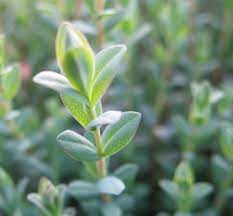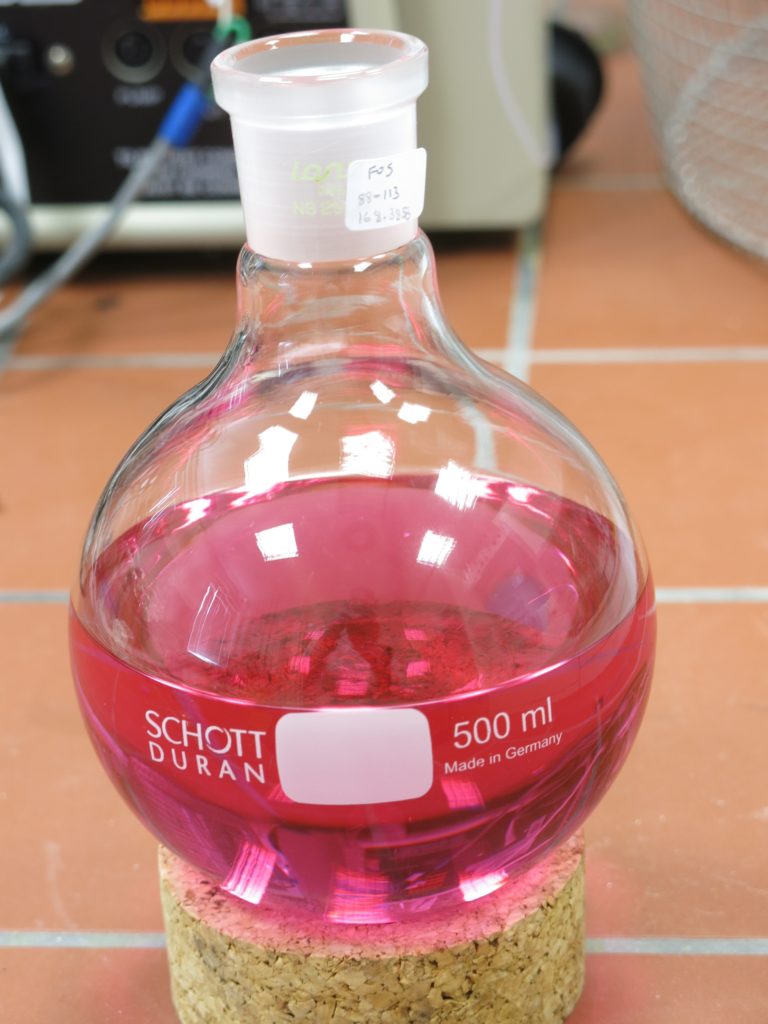Reseach
General description

Drug discovery from medicinal plants
A large proportion of plant species still remains unexplored both chemically and pharmacologically. This indicates that plants constitute an untapped source of new molecules for drug discovery. Strategies to investigate bioactive compounds from plants have mainly focused on bioactivity-guided isolation. A bottleneck of the bioactivity-guided isolation is the re-isolation of already known compounds or the decrease in activity due to the loss of synergetic effects. Our approach to investigate plant natural products uses dereplication strategies based on LC-MS and NMR to identify known compounds from extracts and prior to any isolation, comparative metabolomics of plant extracts, and correlation between plant metabolite profiles and biological activity. We perform the isolation, structure elucidation and synthetic modifications/synthesis of new molecules and screen these molecules in biological assays relevant to human health.

Bioactive molecules from host-microbiome interactions
Plants and human are colonized by microorganisms. Symbiotic bacteria communicate and mediate the relationships with their hosts by producing small molecules essential for survival and growth. Finding these molecules from the human-microbiome can inform the discovery of molecules that cause or determine the predisposition to human diseases. We are interested in finding new functional small molecules and biosynthetic genes from microbiome interactions, especially from human and plant microbiomes. Our research focuses on symbiotic bacteria of biological/ecological relevance (e.g., immunomodulatory molecules from health/disease-associated bacteria from the human microbiome; defensive bacteria from the plant microbiome). Our approach features comparative metagenomics to select biologically relevant bacterial symbionts, gene-to-molecule discovery and heterologous expression of biosynthetic gene clusters.
